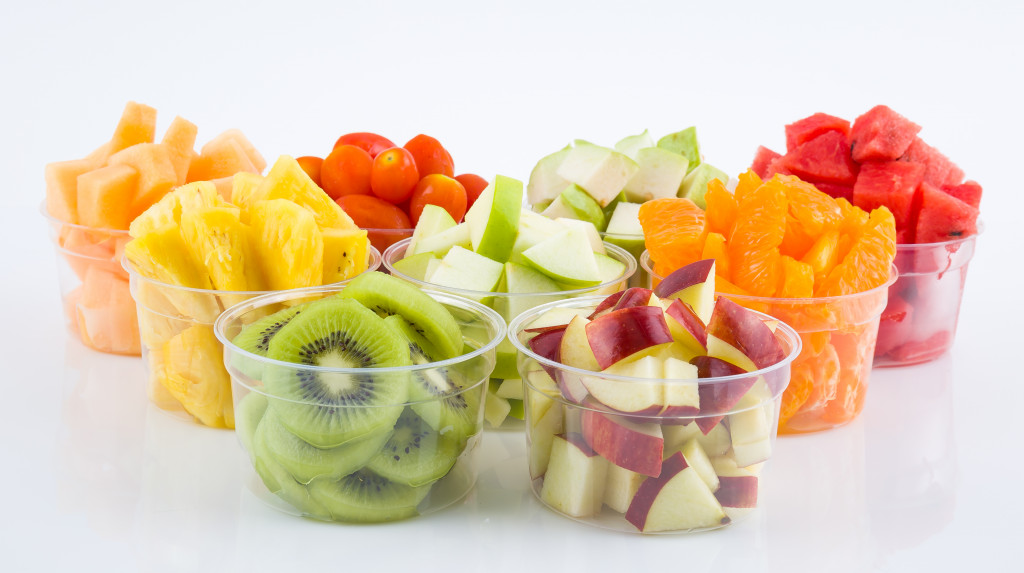Disclaimer: This website provides health information for educational purposes only and is not a substitute for professional medical advice, diagnosis, or treatment. Always seek the guidance of a qualified healthcare provider with any questions you may have.
In a survey by the National Public Radio, 84 percent of the respondents believe that Americans are angrier now than generations ago. Meanwhile, 42 percent stated that they personally feel angrier than they were years back.
People get angry for various reasons. But in the digital age where anyone can post whatever they want online, various contents that can induce rage are uploaded every day.
Risks of Anger
Feeling anger all the time can affect your life in many ways. A 2010 study found a link between anger and coronary heart disease. Those who suppress anger are more at risk of illness, but those who express anger are still at risk. In the same study, researchers found that negative emotions, such as anger, increase the risk of binge eating and vomiting, which can lead to eating disorders.
You might also ruin personal relationships when you feel angry. This feeling can hinder you from making meaningful connections with others. You’re also more likely to isolate yourself. For example, a teen whose parents recently divorced may feel overwhelmed. They become angry and irritable and won’t talk to anyone. So they can’t maintain a good relationship with their family members and are more likely to get into fights.
Foods to Reduce Anger
There are many ways to reduce one’s anger. You can engage in recreational activities. You can also seek professional help. For instance, in the previous example, the teen and their family members can undergo family therapy to patch things up and help the teen overcome their anger.
But an easier solution to control your anger is by eating foods that can improve your mood. Here are just a few:
Potassium-rich Foods
Potassium deficiency or hypokalemia is associated with depression, fatigue, and lethargy. And these feelings can compound into anger if uncontrolled.
You need to eat foods that are rich in potassium to improve your mood and to reduce your anger in the long term. Most people associate potassium with bananas. And while this fruit does contain potassium, there are other foods more packed with this mineral. Some of these foods are avocados, sweet potatoes, watermelon, and pomegranate, among many others.

Kiwi
Kiwifruit, or just “kiwi,” is high in vitamin C. One study found that consuming this fruit helped young adult males reduce their stress levels. There is also evidence that their anger levels decreased. And this result does make sense: the less stressed you are, the less likely you’ll get angry. Kiwifruit also has potassium that also serves as a mood booster, as mentioned earlier. Thus, adding this fruit to your diet will help you control your anger.
Fatty Fish
Omega-3 can control neurotransmitters connected to anger. It also helps decrease stress levels. In fact, one study looked at 30 people with a history of violence. After consuming omega-3 supplements, their aggression levels in terms of hostility and irritability decreased by one-third.
Based on these effects, adding fatty fish to your diet will prove beneficial in managing your anger. Fish that are rich in omega-3 will be a great addition to your anger management menu. Some examples of omega-3-rich fish are salmon, sardines, mackerel, and trout.
Almonds and Walnuts
When you get snacky, consider picking up almonds or walnuts over other snacks. They contain vitamin D and E. Vitamin D helps with mood regulation while vitamin E is an antioxidant that can further reduce symptoms of anxiety and depression. Having and maintaining a good mood will help you control your anger more easily.
Foods to Avoid
Spicy Food
A 2017 study found that spicy food may trigger aggression. Researchers found that people who like hot and spicy food are more likely to think aggressive thoughts. So if you like spicy food, you might consider lessening your consumption if you find yourself feeling angry or irritable most of the time.
Coffee
While the caffeine in coffee can help you stay focused and productive, it can affect your mood. Irritability and agitation are two common effects of caffeine on one’s mood. And when you’re easier to get irritated, then you’re more likely to get angry. So if you’re an avid coffee drinker, you’ll need to reduce your coffee intake.
To manage your anger better, you’ll have to make necessary lifestyle changes. For example, you’ll need to be more physically active and engage in creative activities. But you can take baby steps and make changes in your diet to start. What you eat can affect your mood. So knowing which foods to eat and avoid will help you succeed in reducing your anger.




